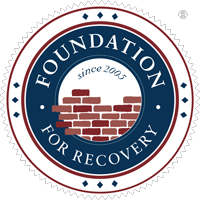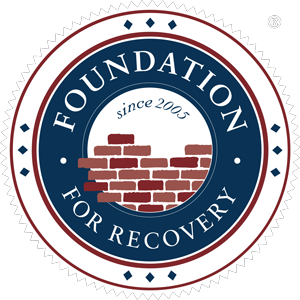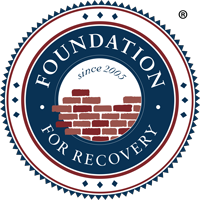Sunday, July 11th marked the 50th anniversary of the publication of Harper Lee’s Pulitzer-Prize-winning novel To Kill a Mockingbird. Told from the viewpoint of six-year-old Scout Finch, the novel tells the story of Scout, her brother, Jem, and their lawyer father, Atticus, as they deal with the reactions of their neighbors in Maycomb, Alabama to Atticus’s defense of Tom Robinson, a black man wrongly accused of raping a white woman. While most people recall the book as an examination of racism in 1930s Alabama, the novel’s compassionate view of addiction and recovery is often overlooked.
When I first read the book at fourteen, the storyline I related to the most was Scout’s childhood fascination with her mysterious and reclusive neighbor, Boo Radley. When I re-read the book as an adult about a year ago, however, I was surprised by how many poignant scenes I had forgotten since my first reading. As a new professional in the field of addiction, I was especially interested in Lee’s depiction of the Finches’ cantankerous and morphine-addicted neighbor, Mrs. Henry Lafayette Dubose.
Mrs. Dubose is a sick old woman who never misses the opportunity to berate the Finch children about their father’s association with the Tom Robinson case. One day, after losing his temper with the old woman’s criticism of Atticus, Jem takes his anger out on Mrs. Dubose’s garden. Afterwards, when Jem is ordered to spend every afternoon reading to Mrs. Dubose, Jem and Scout assume that he is being punished for destroying her garden. Little do they know, he has actually been charged with helping his neighbor endure withdrawal as she weans herself off her morphine addiction. Recently told that she has only a few months to live, Mrs. Dubose is determined to “leave this world beholden to nothing and nobody.”
Every afternoon as they sit at Mrs. Dubose’s bedside instead of playing outdoors, Scout and Jem assume that they are the ones suffering. However, while Jem reads, Mrs. Dubose is suffering through withdrawal symptoms a few minutes longer every day until, after five weeks, she is finally free of her addiction. After Mrs. Dubose dies a few weeks later, Atticus tells his children about their neighbor’s addiction and teaches them an important lesson in courage and compassion:
“I wanted you to see something about [Mrs. Dubose] – I wanted you to see what real courage is. … It’s when you know you’re licked before you begin but you begin anyway and you see it through no matter what. You rarely win, but sometimes you do. Mrs. Dubose won, all ninety-eight pounds of her. According to her views, she died beholden to nothing and nobody. She was the bravest person I ever knew.”
At the time To Kill a Mockingbird was written and published, social support for those suffering from drug addiction was just coming into existence, with the founding of Narcotics Anonymous in 1954 and of Synanon in 1958. While Harper Lee is primarily recognized for her progressive take on race issues, she also shows admirable insight regarding the growing problem of addiction in Mid-Century America. Over the last half century, Atticus Finch has taught generations of Americans about respect, social responsibility, and the courage it takes to do the right thing. Hopefully, as many of us re-read the novel in celebration of its anniversary this year, Atticus will also teach us all about the struggles of the disease of addiction and the great courage of recovery, and will help us to recognize the recovering addicts in our lives as some of the bravest people we know.










